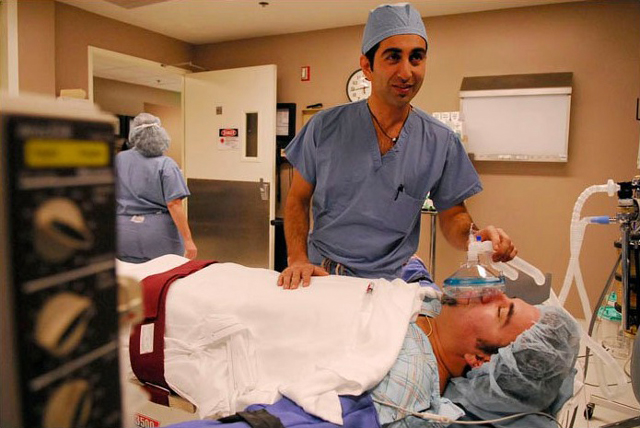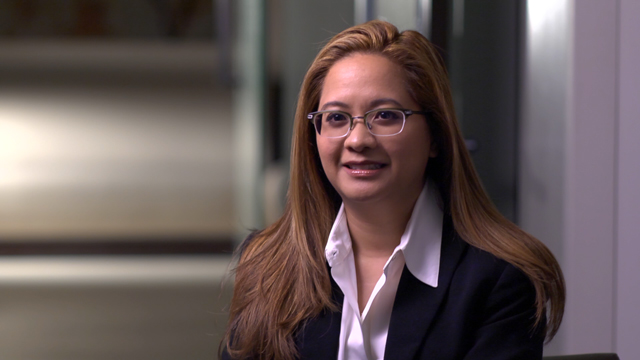
We all know that the hunt for a new doctor can be a very long and stressful process. So what is the secret to finding a good doctor in a timely manner? Here are some guidelines to make your decision as pain-free as possible:
- Credentials – Don’t hesitate to verify a doctor’s medical license, certifications and professional society memberships to ensure he is properly trained.
- Experience – During a consultation with a doctor ask about his medical education and training that is specific to the procedure you are considering. You can also ask how many procedures of this kind he has performed and how often he performs them.
- Referrals – Ask your friends and family if they have any doctors that they would like to recommend to you. But keep in mind that doctors specialize in different areas and most are not experts in all areas. So be sure to ask your friend or family member which procedure they had with the doctor they are referring you to.
- Testimonials – Asking a doctor for testimonials from previous patients will help you understand what qualities others liked about him.
You should also consider scheduling consultations with numerous doctors in order to find the best one for you. Doctors may have different techniques that yield different risks, recovery time and results, and it is worth it to weigh all of your options. It is important that you find a doctor that you are comfortable with and trust.
 Going to the doctor can often times be daunting. Not only are you nervous about finding out whether or not you are healthy, but you also can be afraid that the doctor will judge you on your health, or more likely unhealthy, habits. However, you need to remember, doctors are people too!
Going to the doctor can often times be daunting. Not only are you nervous about finding out whether or not you are healthy, but you also can be afraid that the doctor will judge you on your health, or more likely unhealthy, habits. However, you need to remember, doctors are people too! Hemorrhoids are a very common health problem, in which a lump or mass of tissue in the anus contains enlarged blood vessels. They are caused by an increase in abdominal pressure.
Hemorrhoids are a very common health problem, in which a lump or mass of tissue in the anus contains enlarged blood vessels. They are caused by an increase in abdominal pressure. Having a good understanding of your family’s health history is essential in disease prevention. Many of the most common and fatal disease can be hereditary, including heart disease, cancer and diabetes.
Having a good understanding of your family’s health history is essential in disease prevention. Many of the most common and fatal disease can be hereditary, including heart disease, cancer and diabetes.